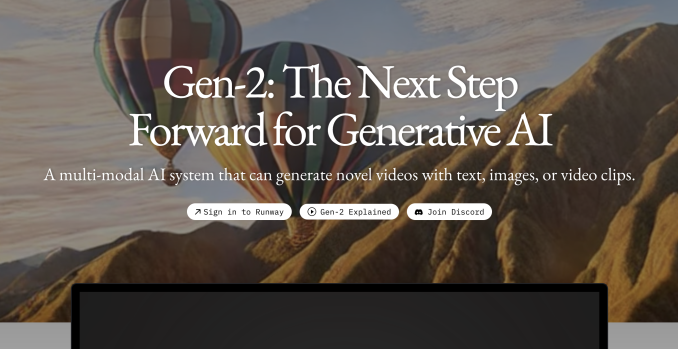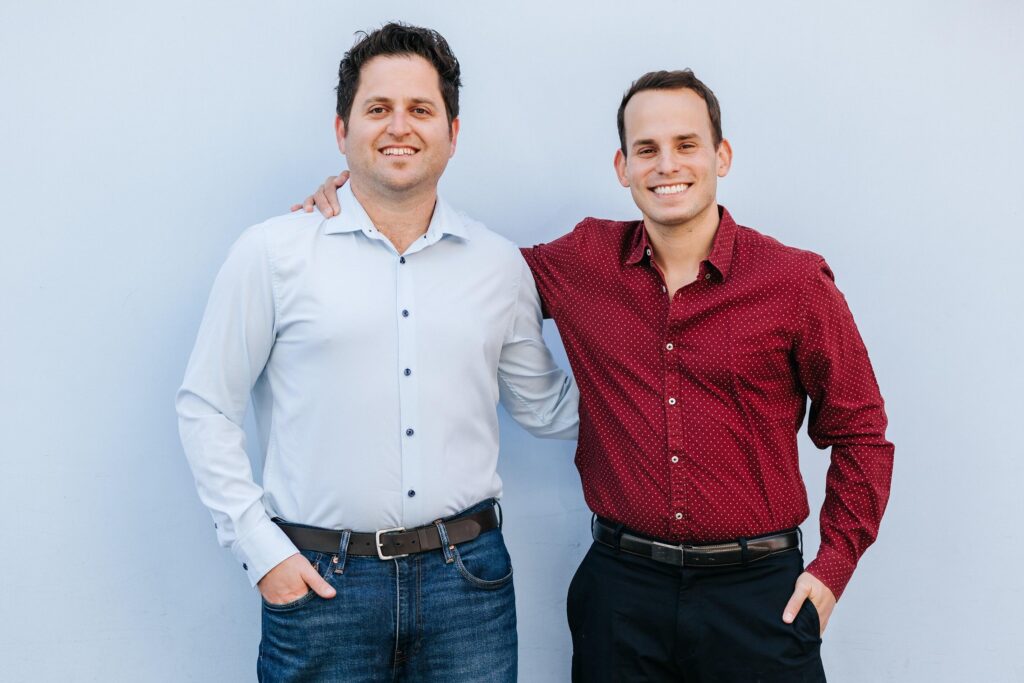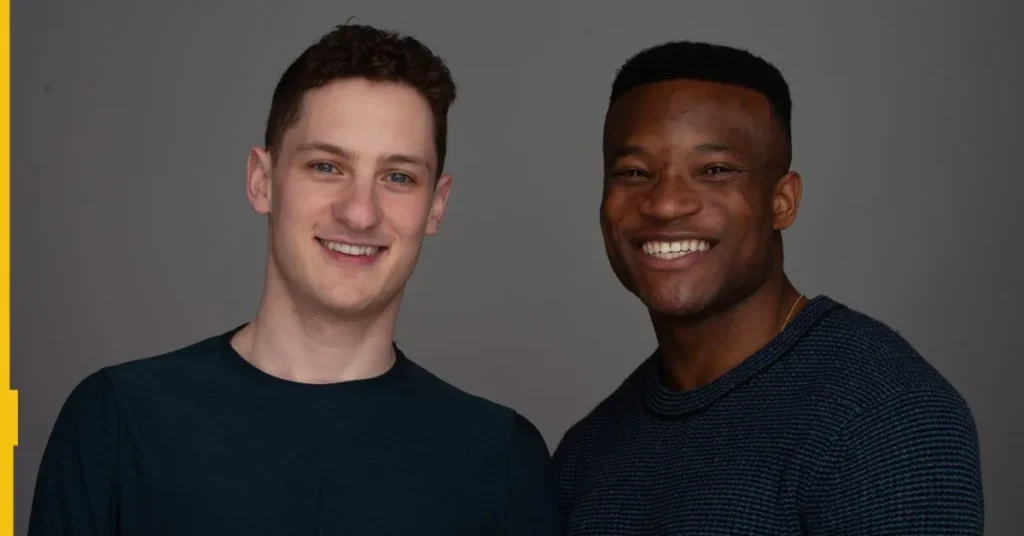Startup Runway, known for its text-to-image video capabilities, has announced a new round of fundraising totaling $141 million. Investors including Google, Nvidia, and Salesforce Ventures participated in the round.
In a press release, the New York City firm said it would use the funds to “further scale in-house research efforts, expand its world-class team, and continue to bring state-of-the-art multi-modal AI systems to market, while building groundbreaking and intuitive product experiences.”


Runway’s original goal was to develop intelligent systems for the arts.
Acc to Cristóbal Valenzuela, CEO and co-founder of Runway was founded four years ago to provide AI tools tailored to artists and creatives, and he spoke about the company’s limited launch of its Gen-2 tool, which is now generally available.
Millions of people, from Oscar-winning filmmakers and ad agencies to independent filmmakers and consumers, are among the company’s users, he said.
“We’ve built an incredibly tight community that has helped us understand how creatives are using generative AI in their work today,” he said, citing Runway’s contributions to the Oscar-winning film Everything, Everywhere, All at Once.
Read More: A University Dropout Makes $10,000 a Day
How AI Is Changing the Way We Tell Stories
“So we have a lot of folks who have helped us understand how these models are going to be used in the context of storytelling,” he said. “We’re heading towards a world where most of the content, media, and videos that you consume will be generated, necessitating a different kind of software and tools to enable you to generate those kinds of stories,” says author and futurist Nicholas Carr.
The rise of Runway coincides with resistance to generative AI among creatives.
While Runway is making strides, artists are beginning to speak out against generative AI. For instance, for over two months, thousands of screenwriters have been on strike because they want restrictions on the use of generative AI, which has halted several film and TV productions.
It has come to light that Adobe trained Firefly on the stock pictures of some producers, without their knowledge or permission, as stated by several of those creators who spoke with VentureBeat for the record.
In a lawsuit filed just today, for instance, the plaintiffs allege that OpenAI utilized “stolen data” to “train and develop” the likes of ChatGPT 3.5, ChatGPT 4, DALL-E, and VALL-E.
Three of the founding members have a fine arts background.
“We do a lot of listening and are part of the community,” Valenzuela said, citing Runway’s March AI Film Festival as an example of how the firm promotes conversations and learns how established filmmakers and storytellers will use these technologies.
I believe there is some misunderstanding about the current use of these algorithms in artistic settings, he remarked. “It’s a common misunderstanding that… you let the systems handle everything with no say in the matter. None of us sees it that way. We think of these gadgets as aids for human improvement. They’re instruments for fostering original thought.
Valenzuela emphasized that he has an artistic upbringing. “I started Runway as an artist, and I attended art school,” he explained. I’ve been wanting to try out these resources.
Read More: Airbnb Will List Hot-Pink Barbie Dreamhouse in Malibu
Valenzuela, a native Chilean, moved to New York City to enroll in NYU’s Tisch School of the Arts, where he met his future business partners Anastasis Germanidis and Alejandro Matamala. However, he soon saw that his talents were more in the realm of tool design than in fine art.
He explained that “my art was toolmaking,” adding that he was “eager to see artists using the tools I was making.” To learn more about computational creativity, I dove headfirst into the “rabbit hole” that is neural networks.
Valenzuela emphasized that it is still “very early” to comprehend all the ramifications of generative AI, and so he would not comment on the issues of copyright, fair use, and work replacement raised by artists. With his words, “We’re trying to make sure we can drive this conversation to a positive end,” we can see that his intentions are good. “I still believe that listening is the most crucial part.




